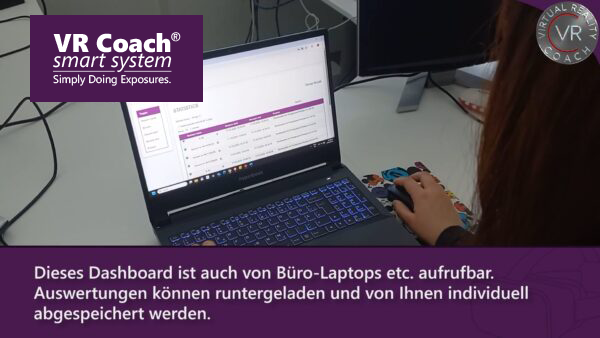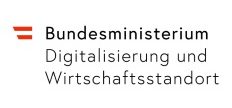
New study by SFU Vienna:
VR nature exposure causes biopsychological relaxation
Manuel Willfort investigates in his currently published master’s thesis at the Sigmund Freud University (SFU) Vienna: Can virtual reality exposure to nature significantly improve biopsychological parameters for relaxation?1
In his controlled and randomized study, a total of 48 test subjects (male, 19-60 years old) were recruited in two companies and divided into two groups of 24 people each: a test group (n=24) and a control group (n=24). The test group viewed the video for 30 minutes using VR glasses. a 360-degree film in which rock walls, a sandy beach, the sea and ships passing by could be seen in a bay and the sound of the sea could be heard. The control group sat still or looked up into the air for the same amount of time.1
In the test group there was a significantly more pronounced decrease in skin conductance as a parameter for stress, which was even more pronounced at higher initial values. This suggests objective relaxation through VR, with stressed people apparently benefiting more from the intervention. The subjective well-being – measured by self-assessment on a visual analogue scale (VAS) – is also significantly improved in the experimental group, so that the objective stress reduction is also accompanied by an increased subjective well-being.1
Immersion is a meaningful parameter for determining the extent to which test subjects perceived VR exposure as “real”. The VR nature exposure in this work shows a very high degree of immersion. 100% of the test subjects judge the 360-degree film to be real, 86.7% experience themselves as physically present and 83.3%. High immersion – such as that underlying the VR scenes from VR Coach GmbH – is considered an important success factor for the effectiveness of a VR intervention.1, 2
The results confirm previous work that VR exposure to nature can induce a relaxation response and thus have health-promoting effects.3 In this work, acute stress induction was avoided and a period of 30 minutes was used. In such a setting, the benefits of VR are probably less pronounced than when acutely stressed test subjects are compared with a control group for a few minutes. The conditions as well as the carrying out of the measurements in two companies with a specially provided room are based on people’s normal everyday lives.
The author emphasizes that the rapid calming caused by VR nature exposure has implications for psychotherapeutic practice. Psychotherapists can expand their treatment repertoire with VR nature exposures, especially in sessions in which the focus is on stress management, reducing anxiety or promoting relaxation. Overall, the results of this study open up a wide range of possibilities for the application of virtual reality in psychotherapy.1
1. Willfort, Manuel „Entspannung mit Virtual-Reality-Naturexposition“, master’s thesis at the Sigmund Freud University Vienna, 2023.
2. VR Coach GmbH, https://vr-coach.at
3. Altenhofer M et al., „Virtual-Reality-Therapie: Anwendung in Klinischer Psychologie und Psychotherapie“, Springer Verlag Berlin, ISBN 978-3-662-63456-1, 2022.
Pico G3 4k stand-alone VR glasses

Our video app with these four 360-degree films is installed on it:
- Sun rise in Australia
- A Lonely bay in Mallorca
- Waterfall in a primeval forest
- Winter Landscape
TPS finger sensor


The finger sensor is paired with the smartphone via Bluetooth and the biofeedback data is sent to the app and evaluated later.
The following parameters are recorded:
- Skin conductance
- Finger temperature
- heart rate







